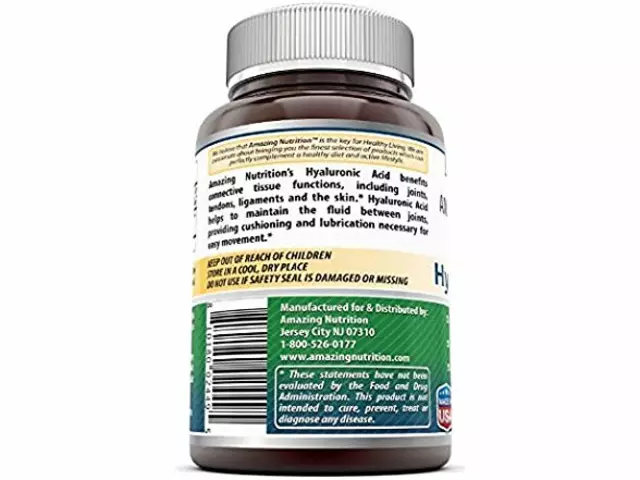Betahistine: What It Does, How to Use It, and Buying Tips
Vertigo can hit without warning and leave you off balance for hours. Betahistine is one of the medicines doctors often try for Meniere's disease and recurring vertigo. It won't cure the underlying condition, but many people notice fewer and less severe dizzy spells after taking it.
How betahistine works and when it's used
Betahistine is a histamine-like drug that helps improve blood flow in the inner ear and reduce pressure that triggers dizzy attacks. Clinicians commonly prescribe it for Meniere's disease, vestibular vertigo, and conditions with repeated spinning or imbalance. Clinical experience and several trials show it can lower attack frequency for some patients, though results vary person to person.
If your doctor suspects Meniere's or a related vestibular disorder, betahistine might be offered alongside salt restriction, diuretics, or vestibular rehab exercises. It's usually part of a bigger plan, not a lone fix.
Practical dosing, side effects, and safety
Typical adult doses start at 8–16 mg taken two or three times a day. Some patients need 24–48 mg daily, split into several doses. Always follow your prescriber's instructions—don't double doses when you miss one. Effects can take weeks to appear, so give it time unless the doctor tells you otherwise.
Common side effects are mild: headache, nausea, stomach upset, or mild skin reactions. Serious reactions are rare. Tell your doctor if you have severe asthma, a history of peptic ulcers, or a hormonal tumor like pheochromocytoma—those can change the risk profile. If you're pregnant, breastfeeding, or on other medications, check with your provider first. Betahistine may be less effective if you combine it with strong H1-blocking antihistamines, so mention all meds and supplements you take.
Watch for warning signs: sudden breathing trouble, severe rash, swelling of the face or throat, or new heart symptoms. If any of those happen, stop the drug and seek urgent care.
Keeping a symptom diary helps your doctor decide if betahistine is working. Note when attacks happen, what they feel like, and whether severity changes after starting treatment.
Buying betahistine online? A few quick tips: only use licensed pharmacies, look for a physical address and pharmacist contact, and avoid sites that sell prescription drugs without asking for one. Cheaper isn't always better—fake or expired pills are real risks. Check reviews, verify pharmacy credentials, and confirm packaging shows batch and expiry dates.
If cost is an issue, ask your doctor about generic options, patient assistance programs, or local clinics that can help. And remember: the safest drug use combines reliable medicine with simple lifestyle steps—salt control, hydration, and vestibular exercises often make a big difference.
If you have specific questions about how betahistine might fit your case, bring them to your healthcare provider. A short chat can clear risks, set expectations, and help you get back on your feet sooner.

The role of betahistine in managing Mal de Debarquement Syndrome
As a copywriter, I've recently learned about the role of betahistine in managing Mal de Debarquement Syndrome (MdDS). Betahistine, a histamine analogue, has been found to be effective in reducing the symptoms of this rare neurological disorder. Patients with MdDS often experience a constant sensation of rocking, swaying, or bobbing, which can be debilitating. By improving blood flow in the inner ear and decreasing the overactivity of vestibular nuclei, betahistine helps alleviate these symptoms, significantly improving the quality of life for those suffering from MdDS. It's amazing how this medication can make such a difference in managing this challenging condition.
Categories
- Medications (69)
- Health and Medicine (60)
- Health and Wellness (36)
- Online Pharmacy Guides (16)
- Nutrition and Supplements (8)
- Parenting and Family (3)
- Environment and Conservation (2)
- healthcare (2)
- prescription savings (1)



